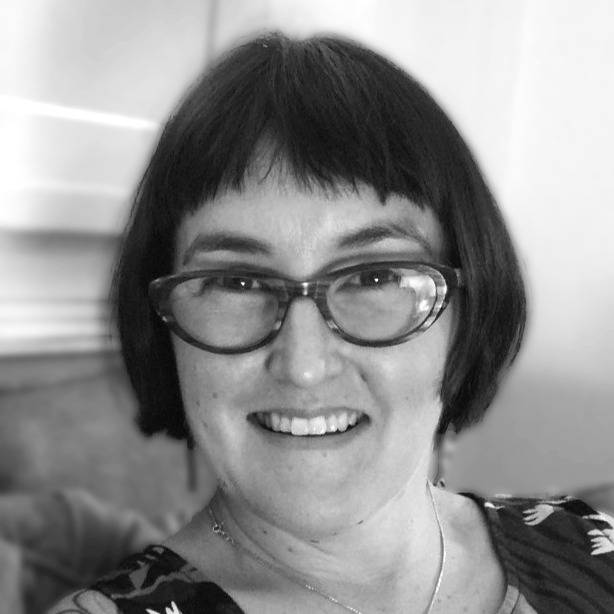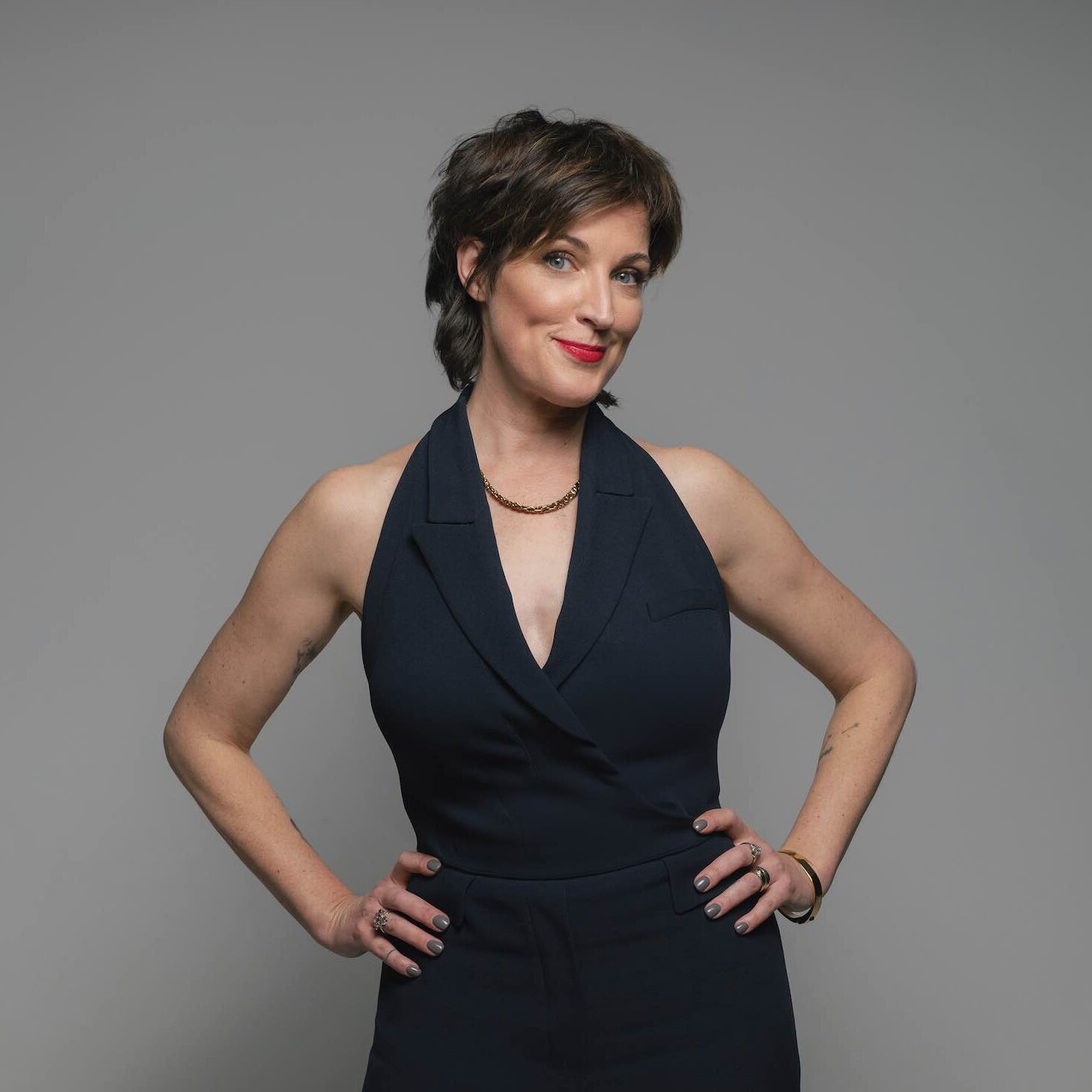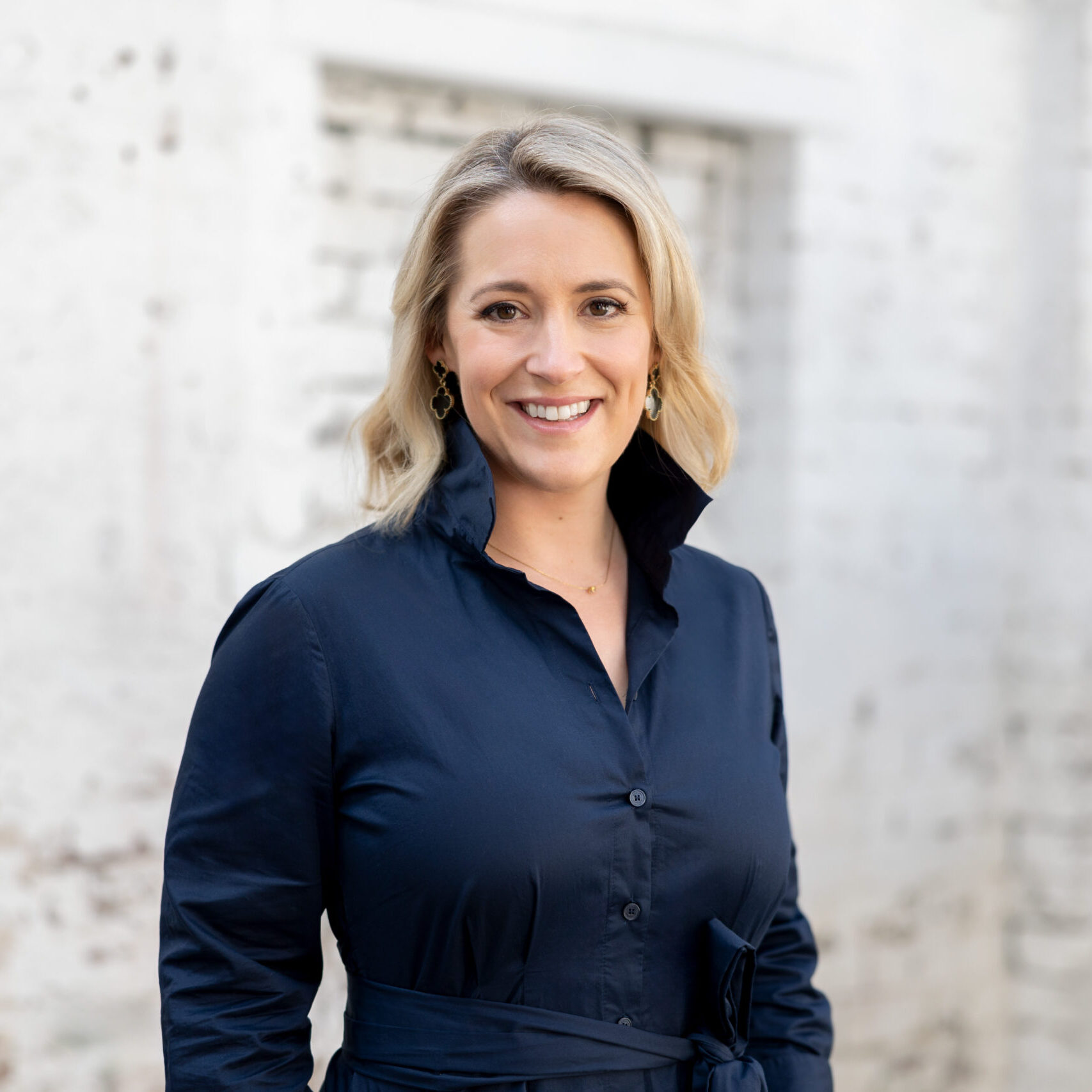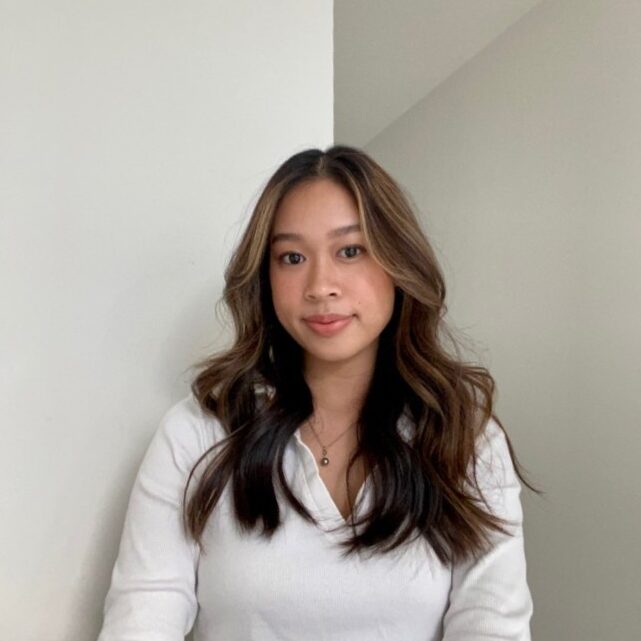
In Conversation with Lauren McNamara
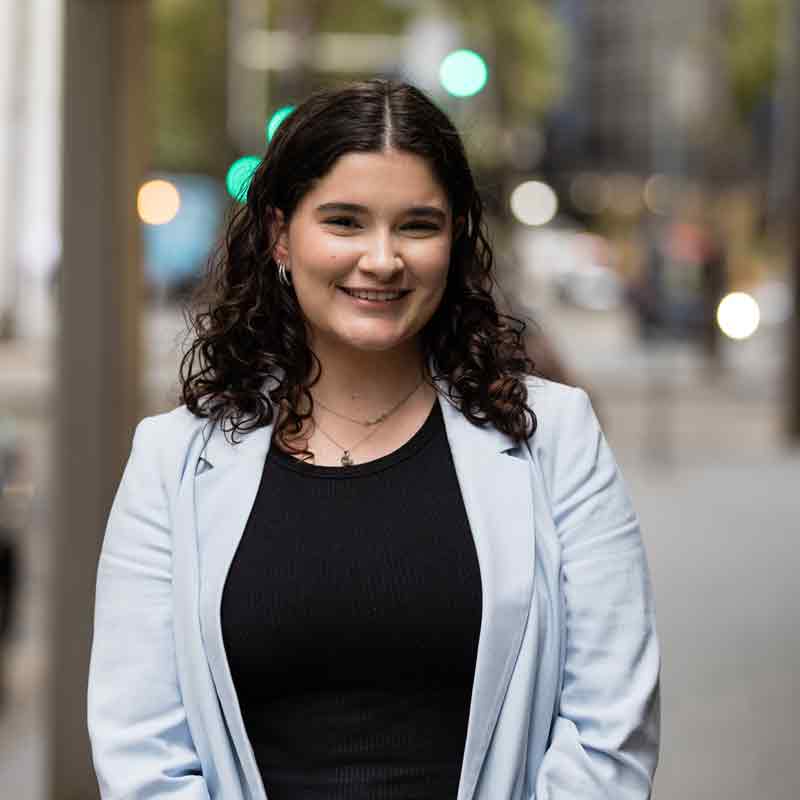
Lauren McNamara is a Sydney based journalist at a leading Australian media and marketing trade publication, Mumbrella. She covers daily news on all things media, creative, marketing, film, radio, TV and music. She began her career in 2022, after completing a Bachelor’s of Communications at the University of Technology, Sydney. During her time at university, she was an active member of the Journalism and Communications societies, and regularly wrote for UTS’ Central News, while freelancing at start-up publication Edge of the Crowd.
How did you get into Journalism and working for Mumbrella, was it by accident or design?
I always knew I wanted to be a journalist. One of my most vivid memories from my childhood was attending a friend’s 10th birthday party and the theme was to dress as what you want to be when you’re older – and I went as a journalist. I rocked an ‘old-school journalist’ business-casual look with a briefcase, fedora, pen and paper, and all. Kind of lame, I know.
While the reality of being a journalist in this day and age is different, writing and telling stories has always been something I have been passionate about. I committed to that passion when finishing high school in 2019 and choosing what to study at university. I went to the University of Technology, Sydney to do a Bachelor of Communications, majoring in Journalism. And man, I loved it. Although, it was an incredibly challenging three years through Covid. I had only one in-person lecture and class in 2020, before the world shut down. It wasn’t until my final year of study in 2022 that I was back on campus full-time and living the typical university student life.
Getting to Mumbrella was both by accident, and by design. During my final year, I wrote regularly for UTS’ student news lab Central News, which was run by lecturer and editor Martin Newman. I developed a great working relationship with him, which would eventually help me get the job. Martin often got sent entry-level, graduate journalism job openings, and he would invite students to apply. In this case, Mumbrella had an opening for its editorial assistant position, a fantastic entry-level role supporting the editorial team. I wasn’t actively looking for full-time work yet, as I was still in the final weeks of my studies, but Martin insisted on giving Mumbrella my resume. I said yes, because only an idiot would say no. A couple interviews and meetings later, and I got the job. I spent seven months in the role, before getting a promotion to journalist mid-2023. The rest is history.
In your opinion, what’s the best work you’ve done.
It’s hard to say what my best work is. There are some stories I have written that I am really, incredibly proud of, but the fast-paced nature of this job makes it easy to forget. Taking a step back to think about it, none of my articles that I take pride in would be possible without the relationships I build – so I suppose that’s my best work. Building my network.
Some of my best stories have been breaking news. Being the first to tell a story, being original and getting great scoops is awesome. But that doesn’t come without building strong relationships with industry peers first, building trust among ourselves and learning to work with one another.
But my relationships go so far beyond getting good scoops. They give me the opportunity to tell people’s stories in a deeper fashion, which is the most rewarding. Being in a position of privilege like this is something I don’t take lightly. One of my favourite articles I’ve written thus far was a profile on Elle Bullen, a senior female creative leader. We spoke about the opportunities and challenges she has faced in her career – and throughout the interview, we both had tears in our eyes. Getting to put her story into words was magical. I’d highly recommend reading it if you haven’t already. You too, will have tears in your eyes.
So far, what’s been the biggest challenge of your career.
I’m young. I’m new to my career. Learning who I am as an adult, a new-ish journalist and where I want to go in my career and how to get there, can be incredibly difficult to navigate in such a fast-paced job. I often struggle with imposter syndrome, because of the privilege of my position.
Being a journalist isn’t easy – there’s always criticism, I rarely go a day without having made someone unhappy about the wording I chose, the story I ran, the comments I made. It is challenging. Being young, I am often undermined by industry peers because of my age, my ‘lack’ of experience. “I’ve been doing this for 20 years, you haven’t” is a common phrase I hear.
But I use it as a learning curve. I own up to my mistakes when I make them, and I acknowledge that I won’t always please everyone. Being a good journalist means making tough decisions, not always taking the easy, people-pleasure route. My job is to write about the bad, as much as it is to write about the good. But, it’s a challenge to change that mindset and remind myself I’m doing a good job.
What do you think the future holds for Journalism?
The future of journalism is something that is so hard to predict. A funny memory pops up from when I was in my final year at high school, when my careers advisor told me that journalism is a dying profession, and I should try and do something else. “Don’t pigeonhole yourself”, she told me.
Boy, was she wrong. Journalism is not dying, it is evolving. Yes, traditional print newspapers and news rooms are becoming a thing of the past, but the digital world is allowing for so much innovation and new ways to share news. I do believe the future of journalism will feature AI – but we need to ensure we are embracing it while maintaining credibility and keeping the human element – empathy, emotion, creativity.
Name three essential things someone starting out in journalism should know from day one.
1. Build a network. Build relationships with people you can lean on. People you can depend on. People you can speak freely to. People who want to see you succeed.
2. Gain media literacy. It seems obvious, but in this digital age, it is so important to be media smart.
3. Be confident in yourself. This is something I constantly struggle with. Self-confidence is important in any aspect of life, but especially in your job. Don’t be afraid to speak up. But also acknowledge when you make mistakes and where you can grow. Life is about learning – so do it.
Share it around…


